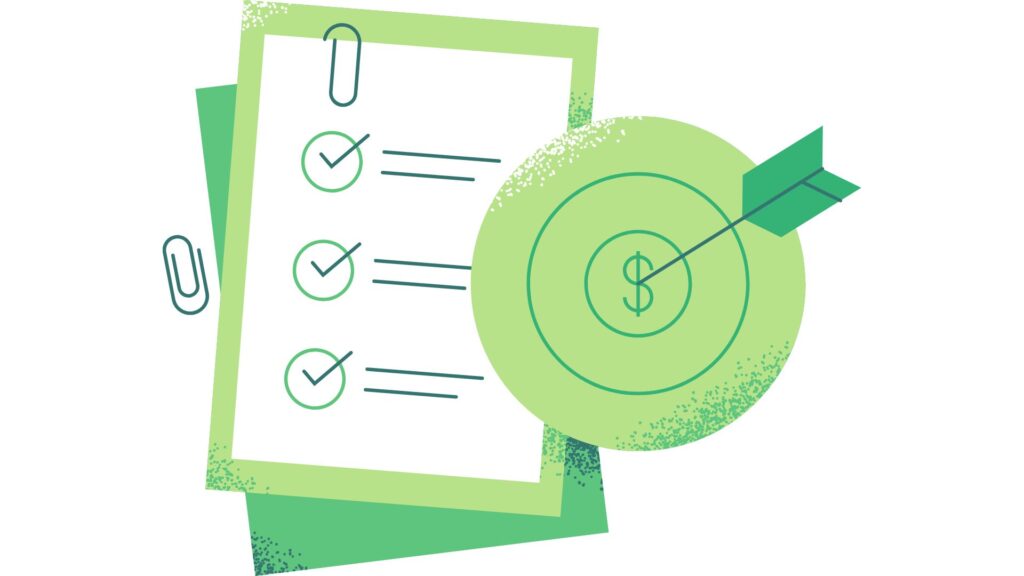Personal Finance Hacks for Busy Professionals: Practical Tips for Managing Finances on a Tight Schedule.
Why Personal Finance is Crucial for Busy Professionals
In the fast-paced world of busy professionals, managing personal finances often takes a backseat to career demands and other responsibilities. But neglecting finances can lead to stress, missed opportunities, and long-term financial struggles.
In this guide, we’ll explore practical, time-efficient hacks to help you take control of your finances without overwhelming your schedule.
Also Read: 8 Financial Management Skills of Students: 5th One Is Mind Blowing
Understanding Your Financial Goals

Before diving into hacks and strategies, it’s essential to understand your financial goals. Start by outlining short-term goals (such as paying off debt) and long-term goals (like retirement planning).
Knowing what you want to achieve will make it easier to prioritize and focus on the strategies that matter most.
Automating Your Savings for a Stress-Free Future
One of the most efficient ways to build savings with minimal effort is through automation. By setting up automatic transfers from your checking account to a savings account, you ensure consistent savings without even thinking about it.
Apps like Qapital and Chime allow you to automate savings, set savings goals, and monitor progress, all from your smartphone.
Using Budgeting Apps to Track and Control Spending
Budgeting is often seen as tedious, but with today’s technology, it doesn’t have to be. Apps like Mint, YNAB (You Need a Budget), and PocketGuard make budgeting easy and accessible.
Set spending limits, track categories, and see where your money goes, all with just a few taps.
Managing Debt Effectively
If debt is a concern, addressing it strategically is crucial. Consider prioritizing high-interest debts first through the avalanche method, or start with small debts for quick wins using the snowball method.
Tools like Credit Karma can help track your debt progress and suggest refinancing options if needed.
Creating a High-Yield Emergency Fund
An emergency fund acts as a financial buffer for unexpected expenses. Aim to save three to six months’ worth of living expenses in a high-yield savings account.
Online banks like Ally and Marcus by Goldman Sachs offer competitive interest rates, helping your emergency fund grow faster.
Streamlining Monthly Bills through Automation
With busy schedules, missing bill payments can happen. Avoid late fees and protect your credit score by setting up automated bill payments.
Many banks and services allow you to automate recurring expenses, such as utilities, internet, and credit card bills. If possible, negotiate lower rates or look for discounts on services to save even more.
Investing with Minimal Time Commitment
Investing can seem overwhelming, especially for professionals with limited time. However, options like index funds and exchange-traded funds (ETFs) offer diversified investments that require minimal maintenance.
Robo-advisors like Betterment and Wealthfront provide automated investment management, allowing you to grow wealth with little daily involvement.
Taking Advantage of Employer-Sponsored Benefits
Many employers offer valuable benefits that can contribute to your financial health. If your employer provides a 401(k) match, take advantage of it—it’s essentially free money toward retirement.
Health savings accounts (HSAs) and flexible spending accounts (FSAs) are also tax-advantaged tools that can help save on healthcare expenses.
Improving Your Credit Score
A good credit score opens doors to lower interest rates on loans and credit cards. Regularly check your credit report for inaccuracies, pay off credit card balances on time, and aim to keep your credit utilization low.
Tools like Credit Sesame and Experian Boost offer tips and strategies for quickly improving your credit.
Setting Up a Side Income Stream for Extra Cash Flow
If you’re looking to supplement your income, consider a side gig that aligns with your skills and interests but doesn’t consume too much time.
Freelancing, consulting, or even renting out extra space through Airbnb are great ways to bring in additional money with minimal disruption to your schedule.
Tax Hacks for Busy Professionals
Tax season can be stressful, but with a few strategic moves, you can save time and money. Track deductible expenses throughout the year, consider maximizing contributions to tax-advantaged accounts, and consult a tax professional for guidance.
Many tax software options, such as TurboTax and H&R Block, streamline the filing process for busy individuals.
Smart Shopping Hacks for Busy Lifestyles

Who doesn’t love saving money on everyday purchases? Utilize cash-back apps like Rakuten and Honey to get rewards on purchases.
Additionally, consider using grocery delivery services with loyalty programs to save time and money on essentials.
Staying Informed on Financial Trends and Changes
Staying up-to-date on financial trends can help you make smarter money decisions. Follow trusted financial news sources, listen to finance podcasts, or subscribe to finance newsletters like The Skimm or Morning Brew.
Regularly updating your financial knowledge allows you to stay prepared for economic changes and new investment opportunities.
Conclusion
Personal Finance Hacks for Busy Professionals: Mastering personal finance doesn’t require drastic changes or hours of free time. By implementing these small, consistent strategies, you can set yourself up for financial success while managing a busy lifestyle.
Start with one or two of these hacks, and as they become habits, add more. Remember, every small step counts toward building a financially secure future.
Friends, I hope you liked this post “Personal Finance Hacks for Busy Professionals“, and you must have learned a lot through these tips, if yes, then definitely share this post with your friends, apart from this, if you have any question related to this, then definitely tell in the comment. And don’t forget to give feedback!
FAQs: Personal Finance Hacks for Busy Professionals
1. What is the best way to start saving on a busy schedule?
Automating your savings is one of the best ways to start saving with minimal effort. Set up automatic transfers to a savings account each month.
2. How much should I aim to save in an emergency fund?
Aim to save three to six months’ worth of living expenses in an emergency fund to cover unexpected costs.
3. Are budgeting apps secure and safe to use?
Yes, most budgeting apps use bank-level encryption to protect your data. Always choose reputable apps with positive reviews.
4. What are the most effective ways to boost my credit score quickly?
Paying bills on time, reducing credit card balances, and regularly reviewing your credit report are effective ways to improve your credit score.
5. Is it worth investing if I have a busy schedule and little free time?
Yes! Passive investment options like ETFs and robo-advisors can help you build wealth without a large time commitment.

